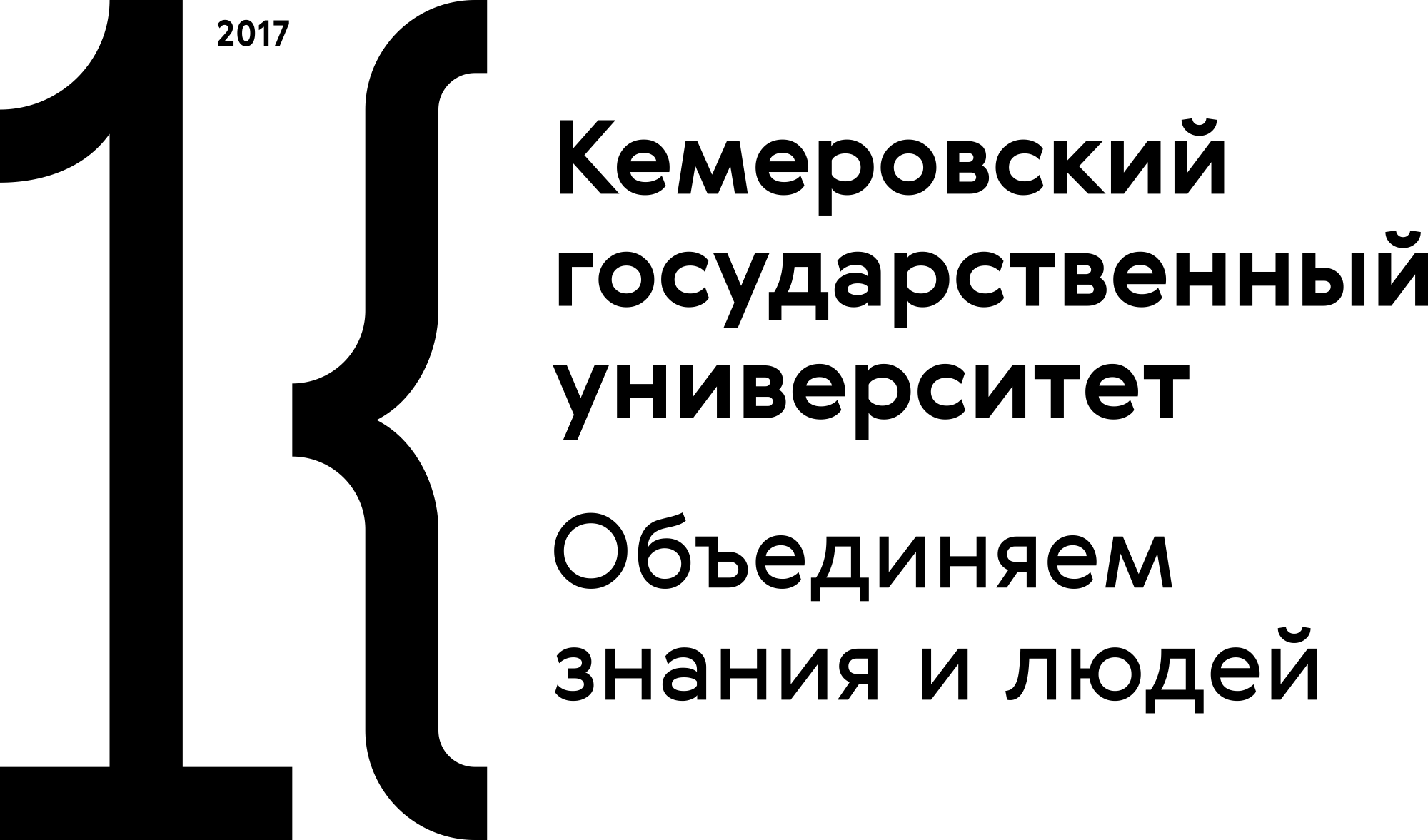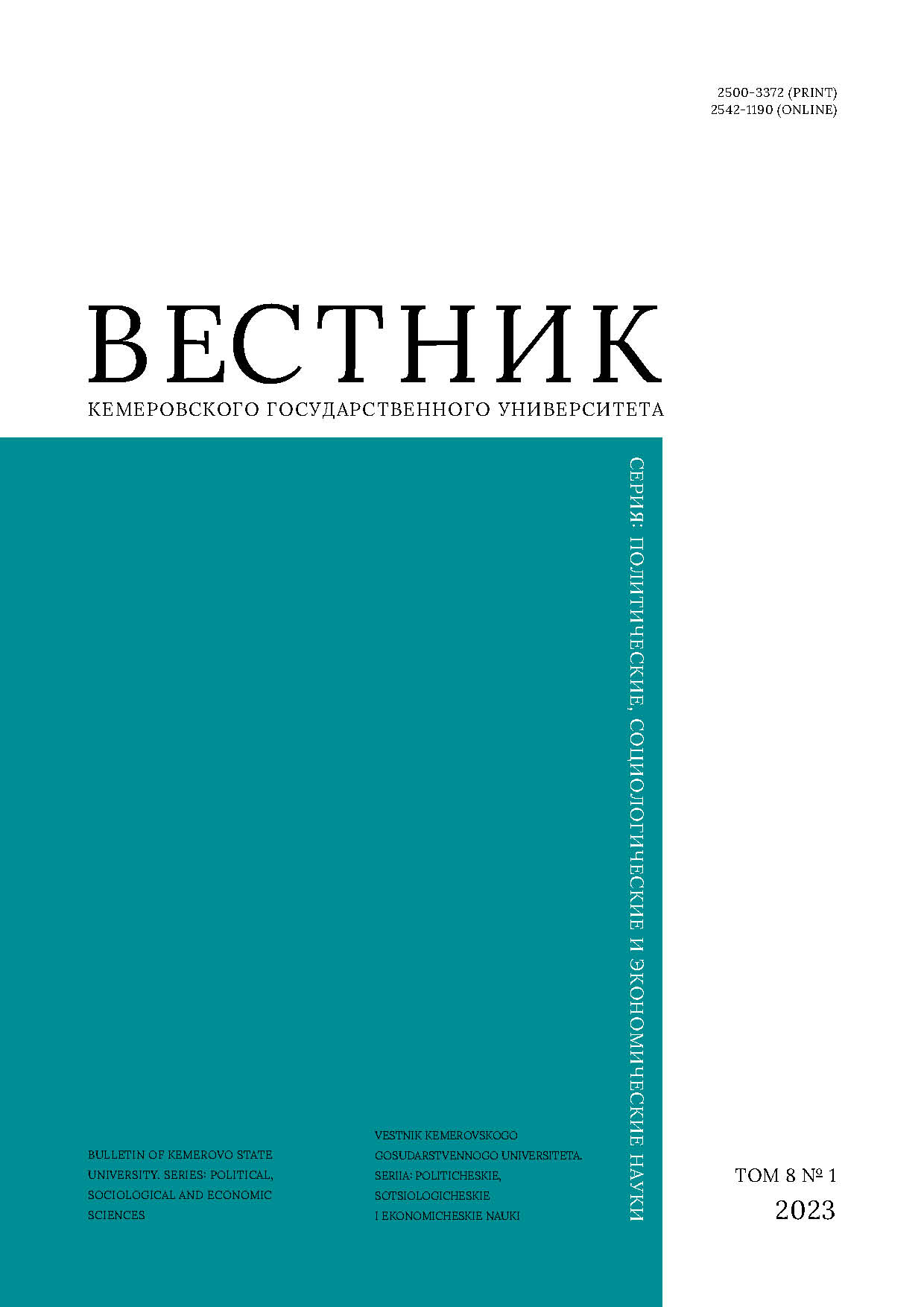Kemerovo, Kemerovo, Russian Federation
The author interprets conversion of tacit knowledge into explicit knowledge as means-end of knowledge management. The subject of the article is tacit knowledge owned by an employee. The purpose is to reveal the reason for the conversion of non-formalized knowledge of employees to formalized knowledge of a firm. For the knowledge-based production, it is not necessary to formalize all knowledge. The conversion of non-formalized knowledge of employees to formalized knowledge of the organization is one of the functional goals of the firm owner, necessary to obtain stable profit without the direct participation of employees, as well as an end in itself for knowledge managers. The study can serve as a starting point for continuing scientific research in the field of tacit knowledge and as theoretical basis for the development of practical measures for using the knowledge of employees with due respect to their legitimate interests and rights.
firm, knowledge of employees, organizational knowledge, knowledge management, ends and means, end in itself
1. Chopra M., Saini N., Kumar S., Varma A., Mangla S. K., Lim W. M. Past, present, and future of knowledge management for business sustainability. Journal of Cleaner Production, 2021, 328. https://doi.org/10.1016/j.jclepro.2021.129592
2. Koç T., Kurt K., Akbıyık A. A brief summary of knowledge management domain: 10-year history of the Journal of Knowledge Management. Procedia Computer Science, 2019, 158: 891-898. https://doi.org/10.1016/j.procs.2019.09.128
3. Martins V. W. B., Rampasso I. S., Anholon R., Quelhas O. L. G., Filho W. L. Knowledge management in the context of sustainability: literature review and opportunities for future research. Journal of Cleaner Production, 2019, 229: 489-500. https://doi.org/10.1016/j.jclepro.2019.04.354
4. Gonçalves T., Curado C., Oliveira M. Clarifying knowledge withholding: a systematic literature review and future research agenda. Journal of Business Research, 2023, 157. https://doi.org/10.1016/j.jbusres.2022.113600
5. Chen Y., Luo H., Chen J., Guo Y. Building data-driven dynamic capabilities to arrest knowledge hiding: a knowledge management perspective. Journal of Business Research, 2022, 139: 1138-1154. https://doi.org/10.1016/j.jbusres. 2021.10.050
6. Ferreira J. J., Fernandes C. I., Guo Y., Rammal H. G. Knowledge worker mobility and knowledge management in MNEs: a bibliometric analysis and research agenda. Journal of Business Research, 2022, 142: 464-475. https://doi.org/10.1016/j.jbusres.2021.12.056
7. Zhang-Zhang Y., Rohlfer S., Varma A. Strategic people management in contemporary highly dynamic VUCA contexts: a knowledge worker perspective. Journal of Business Research, 2022, 144: 587-598. https://doi.org/10.1016/j.jbusres. 2021.12.069
8. Caputo F., Magni D., Papa A., Corsi C. Knowledge hiding in socioeconomic settings: matching organizational and environmental antecedents. Journal of Business Research, 2021, 135: 19-27. https://doi.org/10.1016/j.jbusres.2021.06.012
9. Li J., Liu M., Liu X. Why do employees resist knowledge management systems? An empirical study from the status quo bias and inertia perspectives. Computers in Human Behavior, 2016, 65: 189-200. https://doi.org/10.1016/j.chb.2016.08.028
10. Dewey J. Ends and means. Ethical thought: scientific-journalistic readings´1991. Moscow: Respublika, 1992, 245-250. (In Russ.)
11. Mescon M. H., Albert M., Khedouri F. Management. Moscow: Delo, 1992, 702. (In Russ.)
12. Prigozhin A. I. Methods of organizations’ development. Moscow: Lenand, 2017, 848. (In Russ.)
13. Nickerson J. A., Zenger T. R. A knowledge-based theory of the firm - the problem-solving perspective. Organization Science, 2004, 15(6): 617-634. https://doi.org/10.1287/orsc.1040.0093
14. Salikhov B. V., Salikhova I. S. Managing implicit knowledge in an organization. Moscow: MUIV, 2015, 200. (In Russ.) EDN: https://elibrary.ru/YQURZR
15. Simon H., Smithburg D., Thompson V. Public administration. Moscow: Ekonomika, 1995, 335. (In Russ.)
16. Nonaka I. The knowledge-creating company. Knowledge management. Moscow: Alpina Biznes Buks, 2006, 27-49. (In Russ.)
17. Gates B. Business @ the speed of thought. Moscow: EKSMO-Press, 2000, 480. (In Russ.)
18. Polanyi M. Personal knowledge: towards a post-critical philosophy. Moscow: Progress, 1985, 344. (In Russ.)
19. Polanyi M. The study of man. Chicago: The University of Chicago Press, 1959, 102.
20. Nonaka I., Takeuchi H. The knowledge-creating company: how Japanese companies create the dynamics of innovation. Moscow: Olimp-Biznes, 2011, 384. (In Russ.)
21. Dulnev G. N., Kolmakov S. N. On the existence of a sixth sense. Scientific and Technical Bulletin of St. Petersburg State University of Information Technologies, Mechanics and Optics, 2007, (35): 29-34. (In Russ.) EDN: https://elibrary.ru/JUJKKL
22. Hayek F. A. Individualism and economic order. Moscow: Izograf, 2000, 256. (In Russ.)
23. Wiig K. M. Knowledge management foundations: thinking about thinking: how people and organizations create, represent, and use knowledge. Arlington: Schema Press, 1993, 471.
24. Urintsov A. I., Belyakova E. A. Classification of knowledge in the business management system. News of the Tula state university. Economic and legal sciences, 2010, (1-1): 226-234. (In Russ.) EDN: https://elibrary.ru/MVEBDN
25. Milner B. Z. Knowledge management: evolution and revolution in the organization. Moscow: INFRA-M, 2003, 177. (In Russ.)
26. Zhernov E. E. Anthroposociality of professional knowledge sharing in the firm. Ideas & Ideals, 2017, 2(1): 102-113. (In Russ.) https://doi.org/10.17212/2075-0862-2017-1.2-102-113
27. Zhernov E. E., Nekhoda E. V. Technologies of knowledge economy socialization in a resource extraction region. Tomsk State University Journal, 2015, (399): 188-198. (In Russ.) https://doi.org/10.17223/15617793/399/32

















